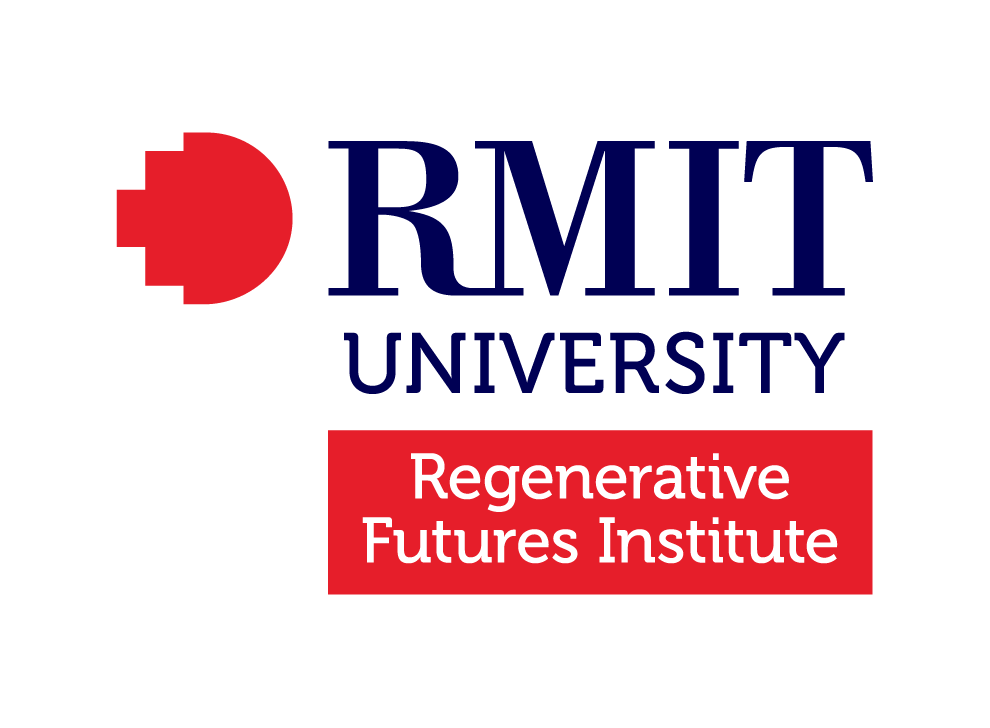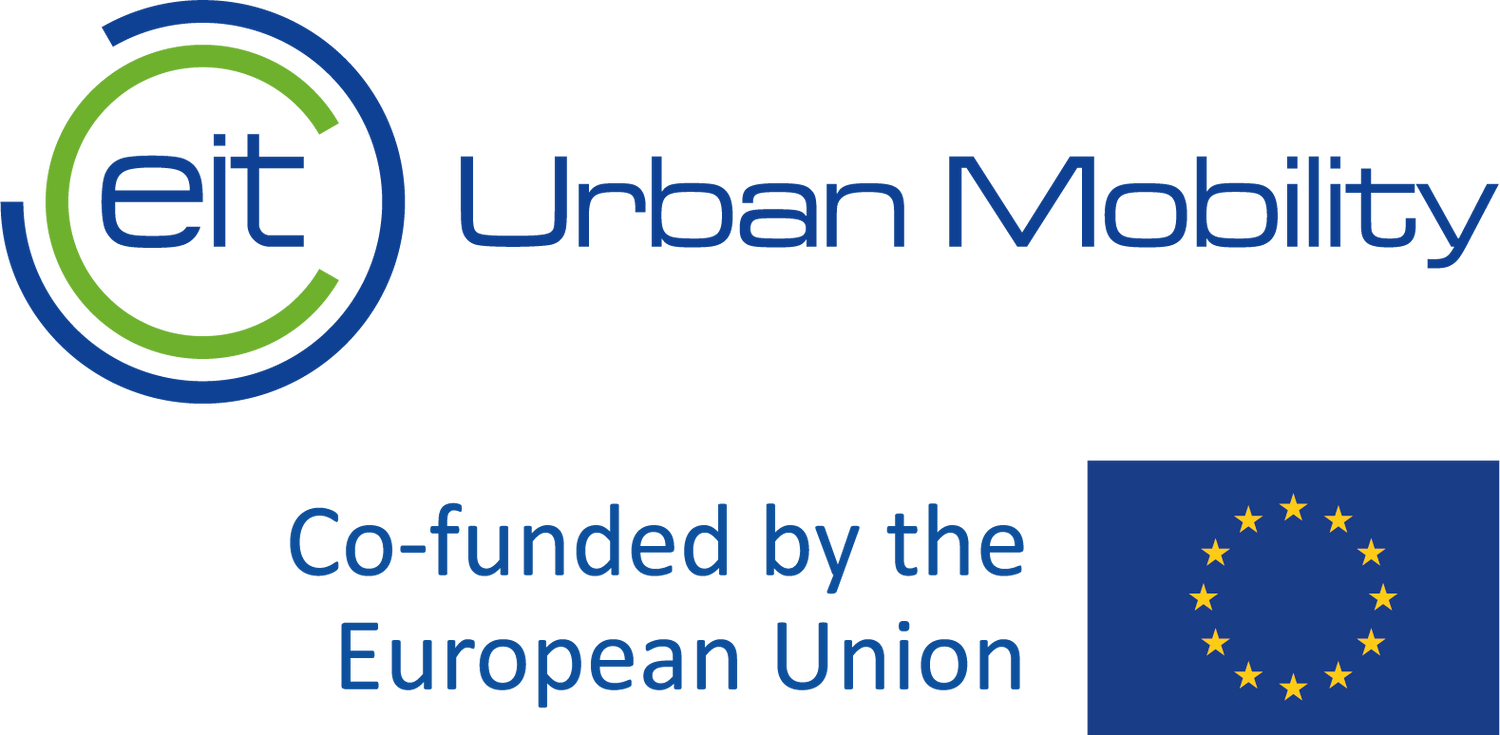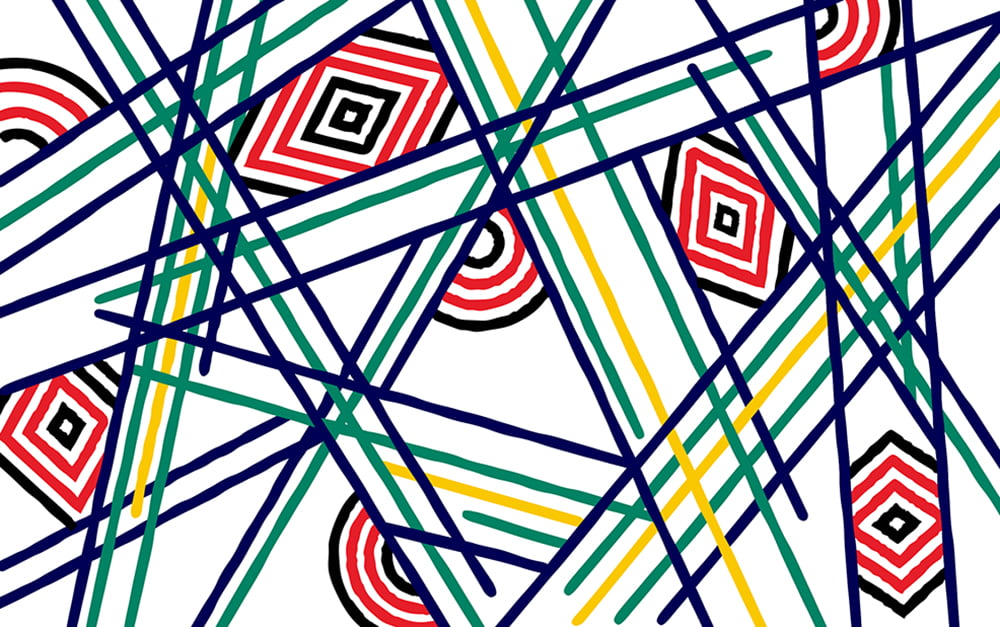Delivered by RMIT Regenerative Futures Institute, this interdisciplinary course is designed for impact. Learn how to create nature-inspired solutions that regenerate systems, empower communities and drive meaningful, long-lasting outcomes beyond sustainability.

- Short courses
-
Study areas
Future Skills Short CourseProject Management for ProfessionalsDuration 6 weeks, 8 hours per weekNext start 19 Jan 2026Future Skills Short CourseContent and Social Media MarketingDuration 6 weeks, 8 - 10 hours per weekNext start 19 Jan 2026
- Contact us
- Course login
Regenerative Design
Study mode
Online
Industry partners:
Level up your skills and qualifications as a digital native
Teaming up with the best in industry, our Future Skills courses lean into the future of work to deliver the best in structured, mentor-supported, 100% online education.
The way we design our systems, places, and products shapes how we live, how we impact the planet, and our future. Regenerative Design invites you to take on a new perspective, building on the best of sustainability thinking to move past minimising harm and towards creating systems that actively restore and adapt.
You will learn the principles and practices of regenerative design, from analysing material flows and social systems to prototyping innovative solutions. You'll draw on nature’s adaptive strategies, apply systems thinking, and explore circular economy approaches through case studies, projects, and mentor support. Through this course, you will gain the skills to create lasting change in your organisation and community.
Our Regenerative Design course is best suited for:
- Design & Planning Professionals: Individuals in fields like architecture, urban planning, and product design who want to move beyond conventional methods to create nature-inspired, restorative projects.
- Sustainability Professionals: Those responsible for driving sustainability strategies who are looking to bridge the gap between strategy and practice, gaining a deeper understanding of design and planning to apply regenerative principles effectively.
- Leaders and practitioners in business, government or community organisations: Professionals directing projects or making procurement decisions who need practical methods to guide teams, assess systems, and ensure projects deliver positive social and environmental outcomes.
By the end of this course, you’ll be able to:
- Lead the creation and design of innovative solutions by applying regenerative principles to real-world scenarios.
- Collaboratively implement regenerative design principles, considering material lifecycles, finite resources, and system evolution.
- Critically evaluate the effectiveness of sustainable and circular approaches across a range of scales.
This is an interdisciplinary course that immerses you in the principles of regenerative design.
Over six weeks, committing to approximately 8–10 hours per week, you'll engage with online lessons, learn through hands-on case studies, and receive personalised support from our expert mentors.
The course concludes with a project that challenges you to apply your new skills to a real-world scenario, empowering you to create practical solutions that restore systems and deliver lasting impact.
The Regenerative Futures Institute works to find practical solutions that help rebuild and improve social, environmental, and economic systems, making the world fairer, more inclusive, and more sustainable for everyone.
We use knowledge from different fields and bring together researchers, educators, industry experts, and communities to go beyond just reacting to global challenges - we aim to create lasting solutions that make a real difference. As a globally connected university, we combine local insights with international partnerships to speed up progress and make meaningful change.
Building on decades of work for a sustainable planet, we also draw from Indigenous Knowledge to develop ethical leadership and just societies. We tackle big problems like climate change and inequality with proactive solutions.
Whether it’s driving innovation, strengthening communities, sharing knowledge, or leading change - everyone has a role to play in shaping a better future.
Course Overview
Learn more about our Regenerative Design course in the video below.
Get RMIT credentialed
Course Structure
Learn more about Regenerative DesignModule 1: Introduction to the Changing Role of Design
+- Explore how design is evolving to create complete systems that build towards a regenerative future
- Identify key sustainability and regeneration concepts, including the environmental, social, and economic pillars and the Sustainable Development Goals (SDG) layered model
- Examine diverse perspectives on regeneration and how you define and apply it in practice
Module 2: Regenerative initiatives for business
+- Analyse real-world examples of regenerative design in action, from closed-loop material cycles to full-system approaches
- Examine a business relevant to your interests, assessing effective regenerative practices and opportunities for improvement
- Explore design thinking as an approach for regenerative systems, including its applications, challenges, and critiques
In this week you’ll have a 1:1 mentor check-in.
Module 3: Designing Material Systems for a Circular Economy
+- Apply systems thinking to analyse material flows in your industry using tools such as lifecycle thinking, LCA, and MFA
- Examine the circular economy as a systems-based approach, including its applications, gaps, and critiques
- Develop systemic solutions that go beyond material flows to address broader environmental and resource challenges
Module 4: Designing Social Systems for Change
+- Analyse leverage points, system behaviour over time, and co-evolution to identify opportunities for intervention
- Apply behaviour change frameworks and stakeholder mapping to design strategies for societal and organisational transformation
- Link material flows and environmental challenges with the social systems that shape or are shaped by them
In this week you’ll have a 1:1 mentor check-in.
Module 5: Design Thinking to Regenerate Systems
+- Apply regenerative design thinking tools to envision innovative and future-focused solutions
- Use prototyping and future-scenario planning to explore transformative changes to material and social systems
- Create a clear, compelling visual presentation to communicate your proposed regenerative system
Module 6: Reflection and future perspectives
+- Finalise and iterate your action plan with feedback from peers or family
- Explore future perspectives, considering both dystopian and utopian scenarios
- Engage in future scenarios thinking and discover trends and tips for your final project
Learn with industry experts

RMIT
The RMIT Regenerative Futures Institute works to find practical solutions that help rebuild and improve social, environmental, and economic systems, making the world fairer, more inclusive, and more sustainable for everyone. Using knowledge from different fields and bringing together researchers, educators, industry experts, and communities to go beyond just...
The RMIT Regenerative Futures Institute works to find practical solutions that help rebuild and improve social, environmental, and economic systems, making the world fairer, more inclusive, and more sustainable for everyone. Using knowledge from different fields and bringing together researchers, educators, industry experts, and communities to go beyond just reacting to global challenges - RFI aims to create lasting solutions that make a real difference. As a globally connected university, RMIT combines local insights with international partnerships to speed up progress and make meaningful change.

EIT Urban Mobility is an initiative of the European Institute of Innovation and Technology (EIT). Since January 2019 they have been working to encourage positive changes in the way people move around cities in order to make them more liveable places.
Why choose RMIT
Get a world-class education and transform your career.
Real world skills
Develop skills that have been validated by industry, while getting credentialed by a world-leading university.
Industry connected
You'll gain knowledge and practical skills from renowned industry partners who are at the forefront of their field.
Flexible delivery
Advance your career while you study. RMIT Online courses let you balance work, study and life commitments.
Supported community
Be guided by a network of industry experts and peers, and supported by our dedicated success team.











